
- Article
- Article
Conflicted and confused about lithium
Covid-19 left Laura Grace Simpkins out of work and living back with her parents. She now had time to restart her research into her medication, but was she mad to continue?

- Article
- Article
Investigating what lithium is and how it works
The more questions Laura Grace Simpkins asked about lithium, the more she realised how little is known about this powerful drug and how it affects our mental health.

- Article
- Article
Maladaptive daydreaming, gender myths and me
Can you daydream too much? Excessive daydreamer Laura Grace Simpkins reflects on studies into “maladaptive daydreaming” and asks why so few fellow dreamers seem to be men.
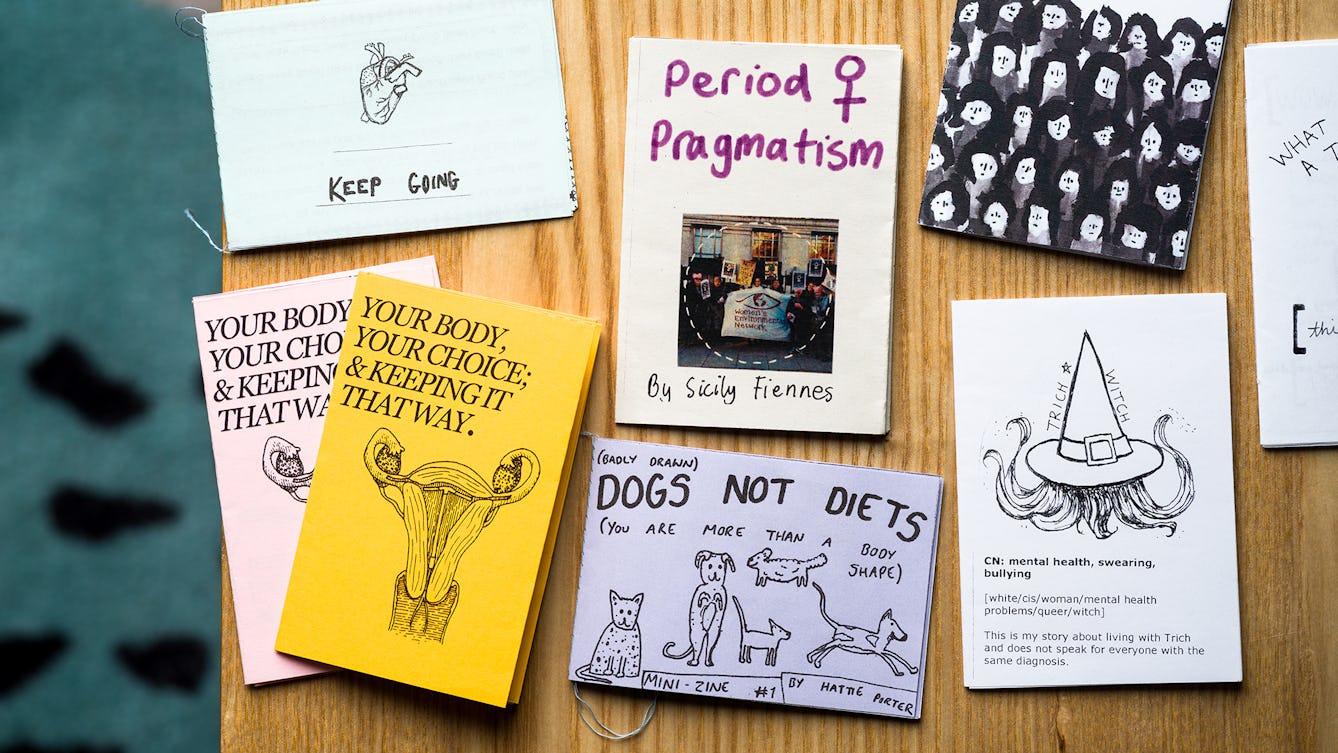
- Article
- Article
Six personal health zines that might change your life
Personal zines put health conditions back in the hands of the people who experience them. Here are six that Wellcome Collection staff love.
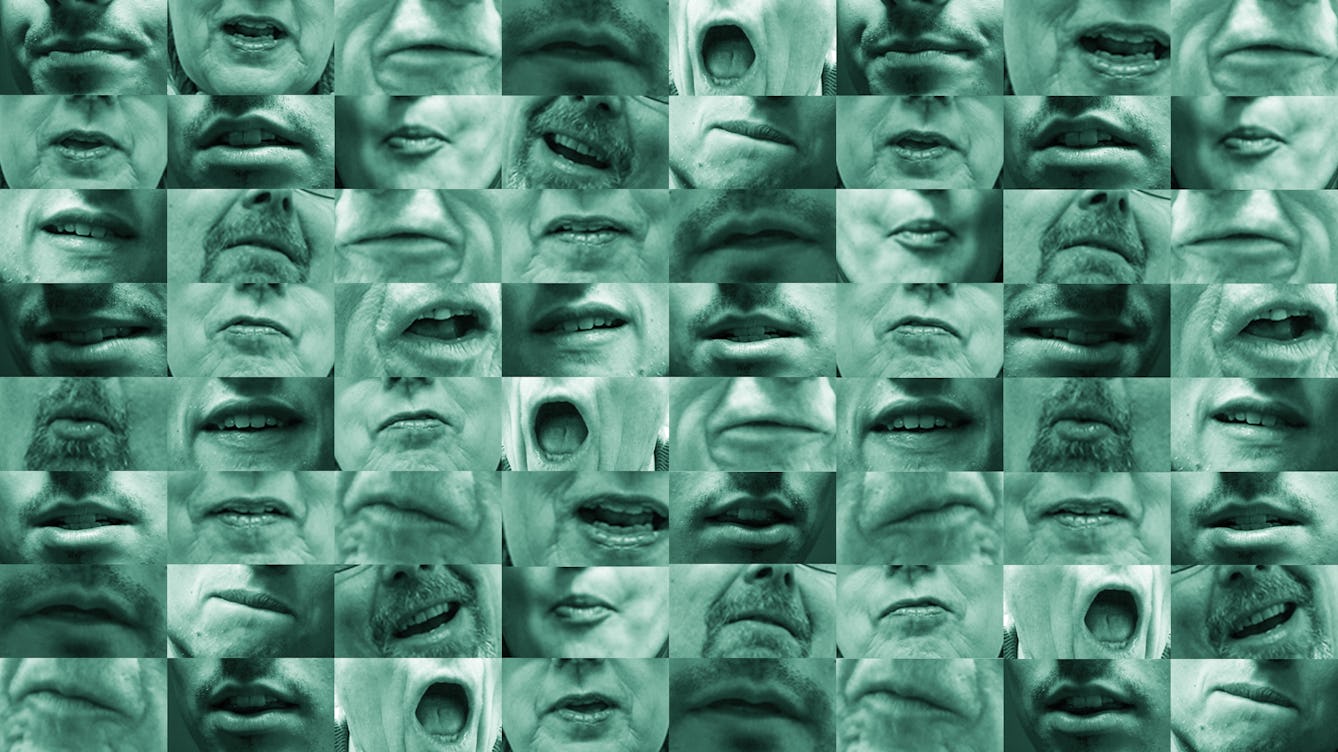
- Book extract
- Book extract
Out of the mouth trap
After 15 years of speech therapy, Jonty Claypole decided to make peace with his stammer. He explores our fear of disfluency, revealing how accepting it could actually increase our creativity and persuasiveness.
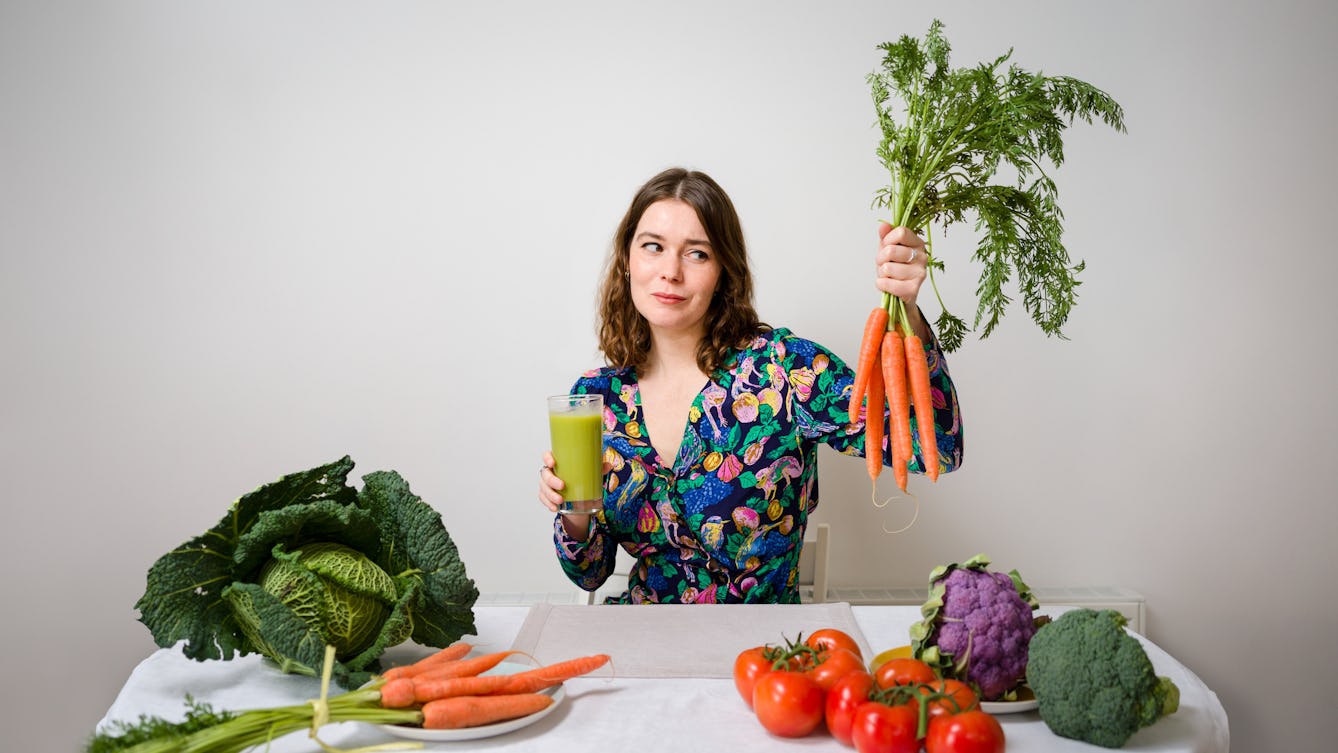
- Article
- Article
The sickness in the wellness industry
In recovery from anorexia, Gwen Smith began to realise how the wellness industry needs its followers to feel bad about themselves in order to make money out them.

- Article
- Article
The meanings of hurt
In the early modern period, gruesome incidents of self-castration and other types of self-injury garnished the literature of the time. Alanna Skuse explores the messages these wounds conveyed.
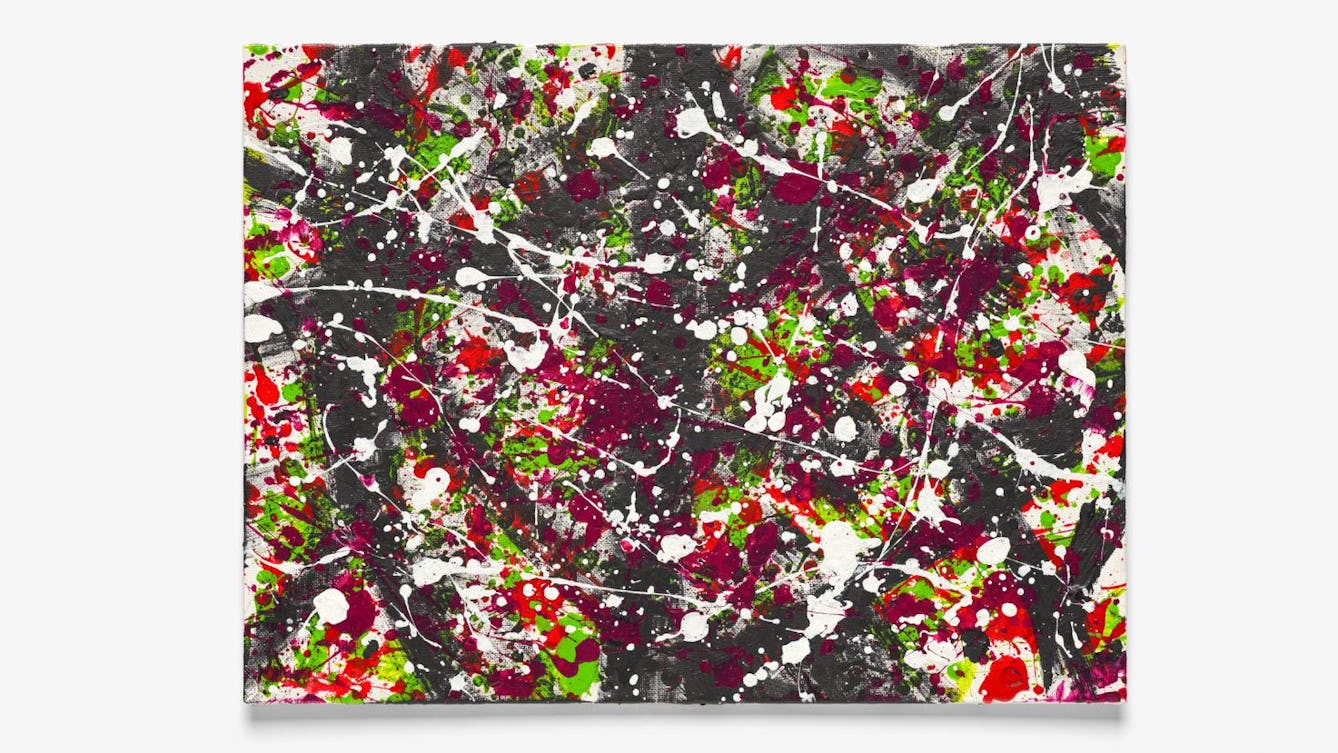
- Article
- Article
Writing back to authority
As she cuts up old doctors’ letters and uses them to compose absurd poems, Caroline Butterwick reflects on the catharsis of creation and proposes writing as a way to take back control.

- Article
- Article
Diagnosing the past
Historical texts rarely supply enough detail for a definitive diagnosis, so medical historians need to proceed with caution.
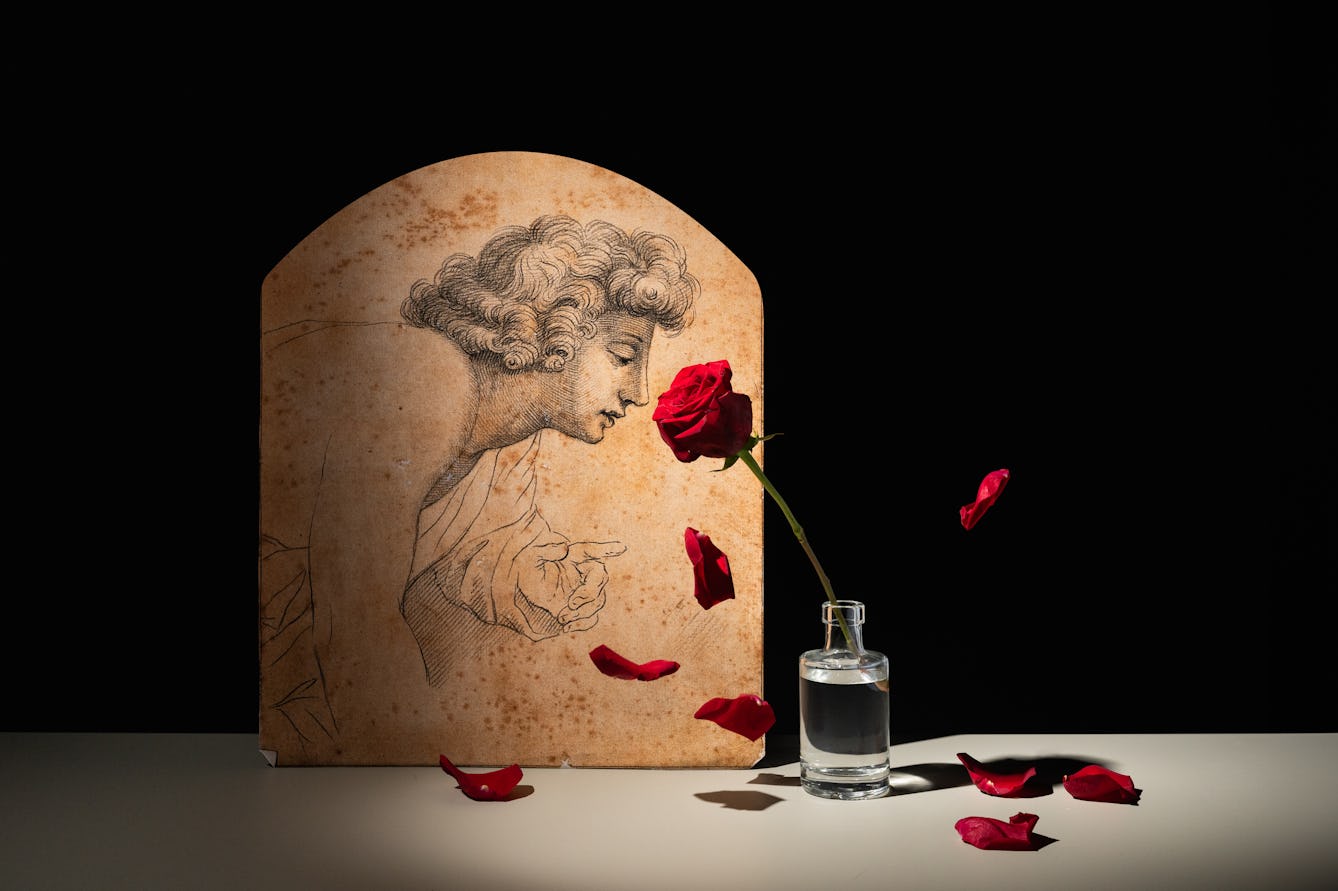
- Article
- Article
What the nose doesn’t know
Losing her sense of smell for over a year motivated Stephanie Howard-Smith to sniff out the history of treatments for this unsettling condition.
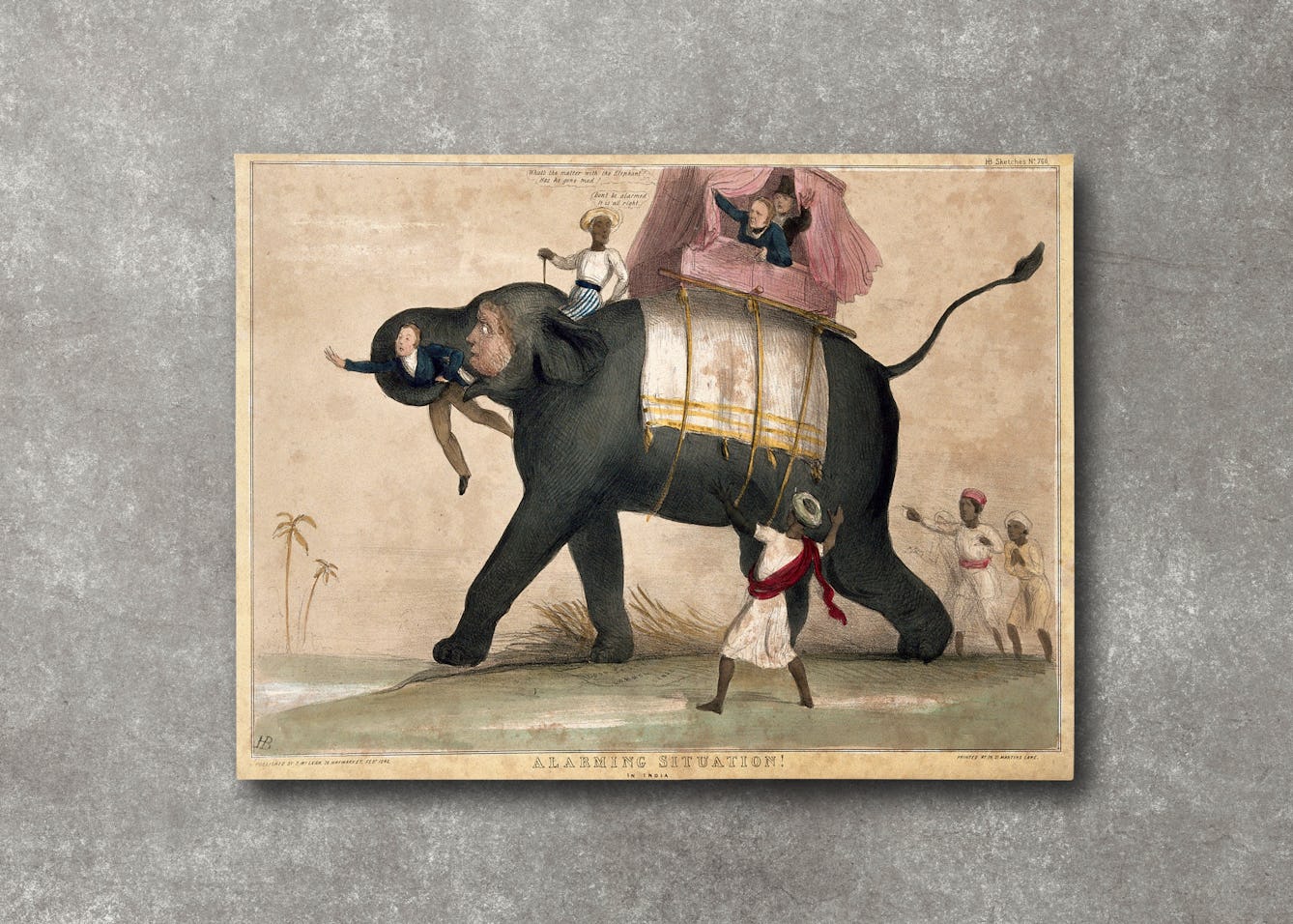
- Article
- Article
Aphasia and drawing elephants
When Thomas Parkinson investigated the history of “speech science”, he discovered an unexpected link between empire, elephants and aphasia.

- Article
- Article
The painter, the psychiatrist and a fashion for hysteria
A dramatic painting brings a famous event in medical history alive. But it also tells a tale about the health preoccupations of the time.

- Photo story
- Photo story
The man who remembers everything
Tilney1 can remember his life in minute detail, but can’t control the incessant intrusion of thoughts and images from the past. As cuts to mental health services isolate him more and more, a crisis approaches.

- Article
- Article
How writing helps me manage schizophrenia

- Article
- Article
When doctors get sick
Feeling guilty about developing a health problem, our anonymous GP contemplates how the system could better support doctors when they’re sick.

- Article
- Article
Can isolation lead to manipulation?
Military-funded researchers wanted to know if isolation techniques could facilitate brainwashing. One neuroscientist suggested that it might improve our own control over our minds.
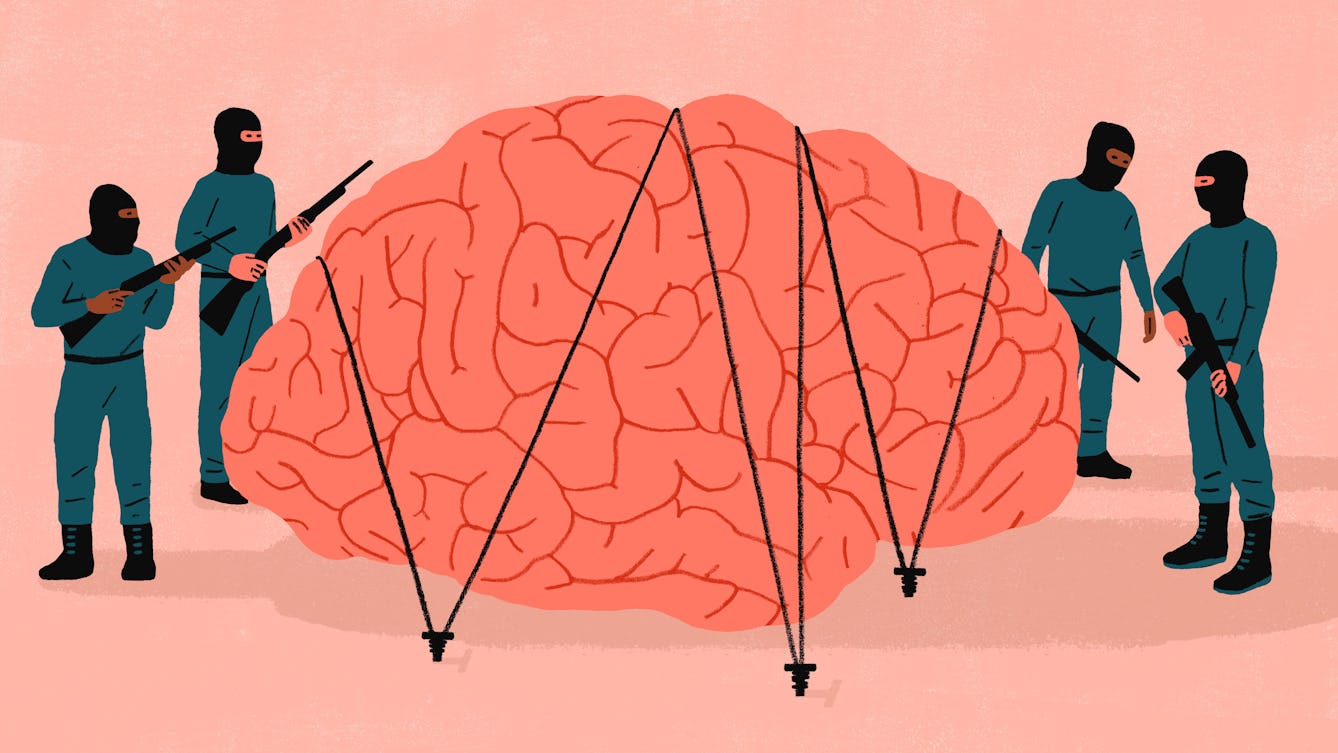
- Article
- Article
Can our minds be taken hostage?
It’s not unusual for captives to end up feeling strong bonds with their captors. But is it a matter of submission or survival?

- Article
- Article
Desperate housewives and suburban neurosis
Discover how a pioneering health centre replaced housewives’ supposedly empty home lives with a social space that encouraged healthy child rearing.
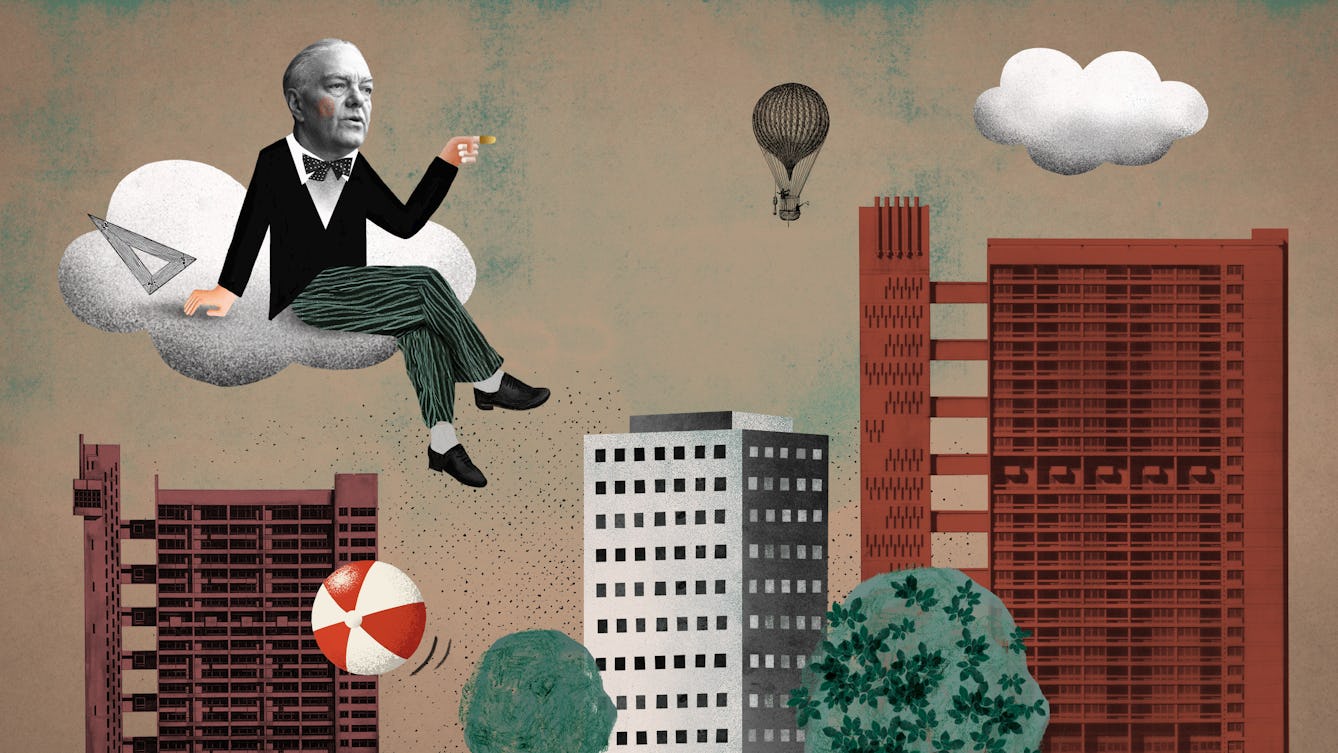
- Article
- Article
The tower in fiction, film and life
The high-rise estates born of postwar idealism soon became symbols of crime and squalor. But after one terrible tragedy, public bodies are being forced to rethink our towers.
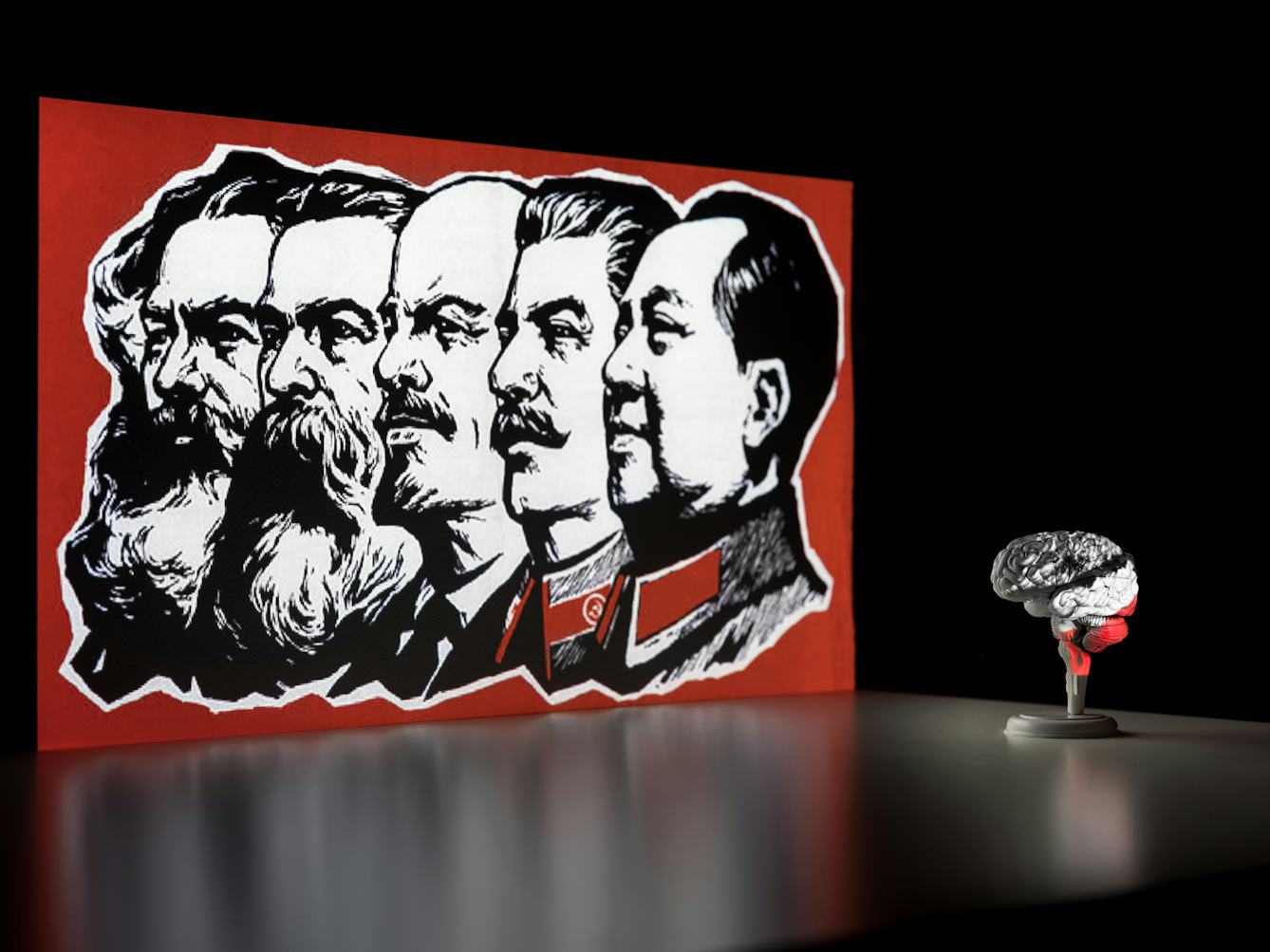
- Book extract
- Book extract
The history of brainwashing
Is it possible to control what other people think? In this abridged extract from his book ‘Brainwashed’, psychoanalyst and historian Daniel Pick offers us a new history of thought control.
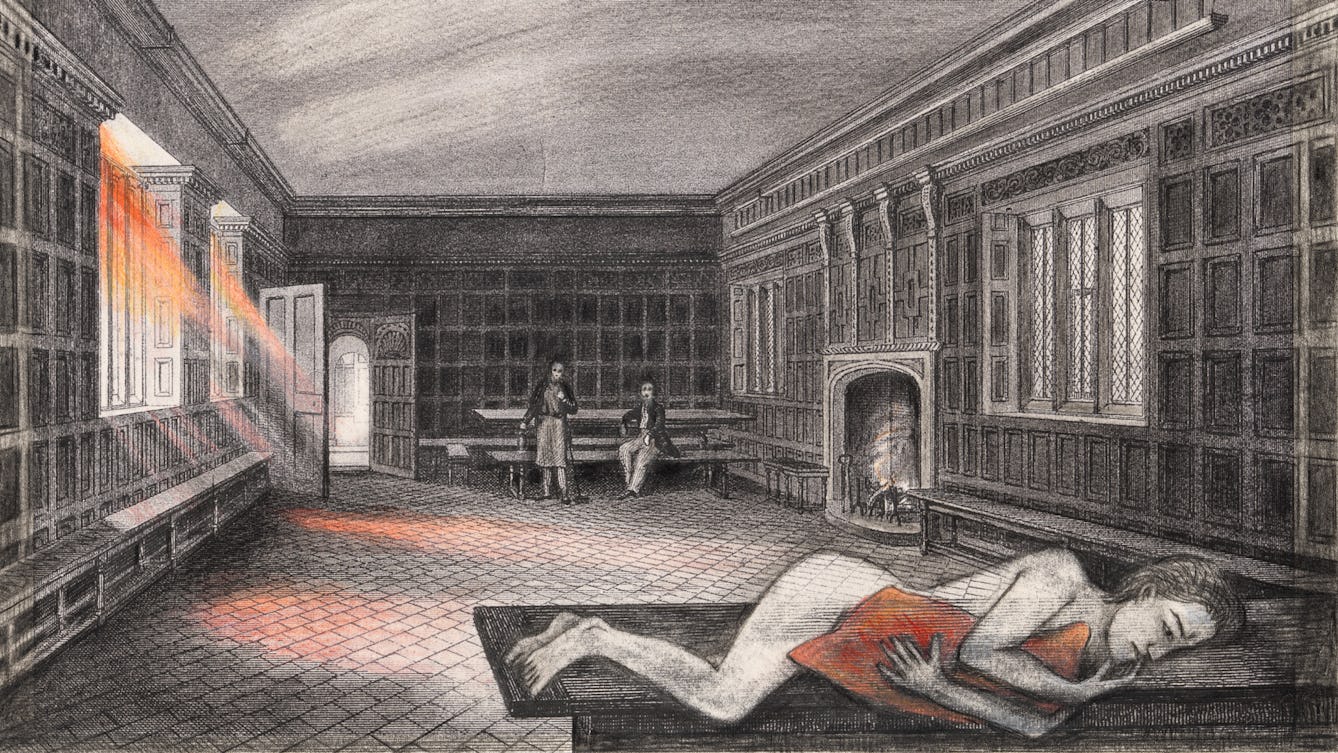
- Article
- Article
Thousands of years of women’s pain
Even in the 21st century, women with severe monthly pain find their suffering minimised or dismissed by the medical profession. Such pain is seen as simply a natural part of being female.
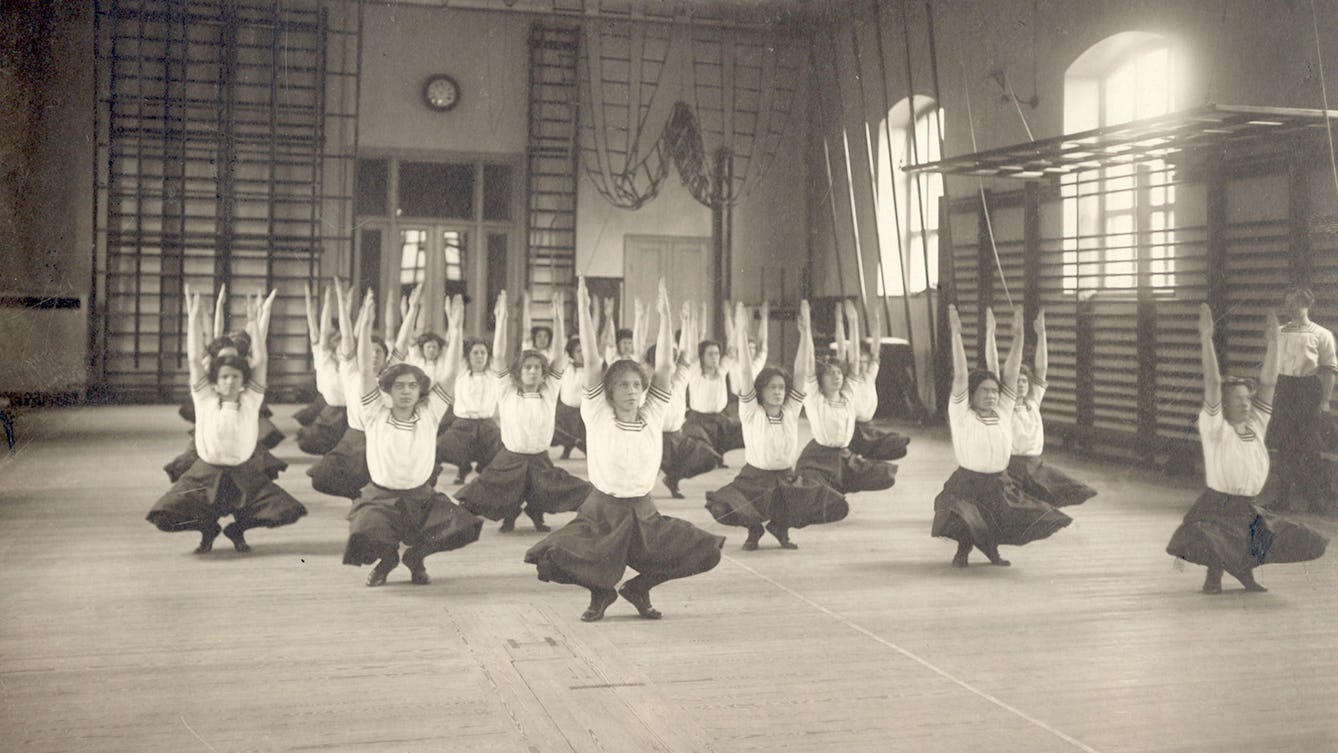
- Article
- Article
Yoga gets physical
Modern yoga owes a debt to the physical culture movement that created a world obsessed with health and fitness.

- Article
- Article
Healing through ink
Taking an approach learned from his OCD treatment, Josh Weeks faced his fear of getting tattoos, and embraced inking as part of the healing process.
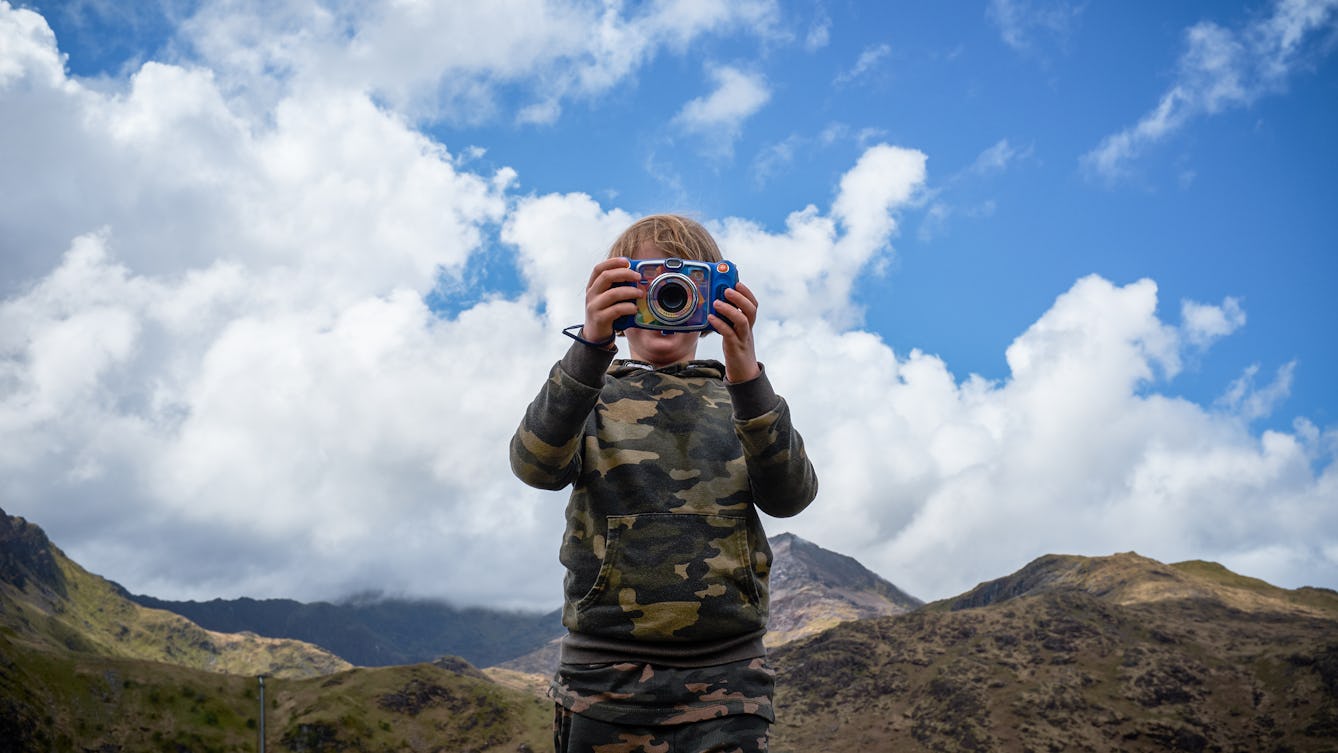
- Article
- Article
Nurturing my autistic, gender-questioning child
As mother of an autistic child who questions her gender, Jude Lax describes cherishing her growing daughter as she explores her identity.

- Article
- Article
Sex work and critical campaigners
When campaigners filmed secretly in the club where she worked, exotic dancer Ella Smith felt frightened and degraded. Here she speaks out about the attack on her livelihood.